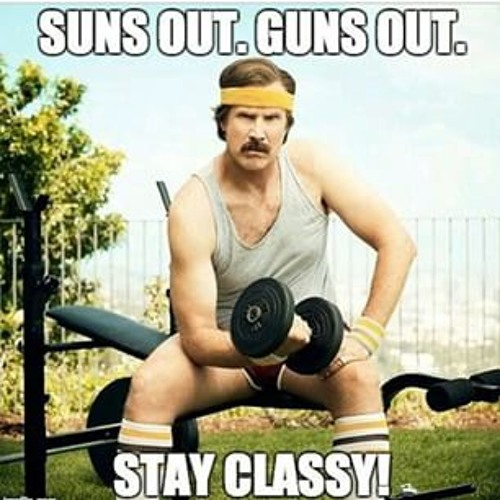elkduds
Well-known member
Justice Brett Kavanaugh, joined by Chief Justice John Roberts, noted the limits of the decision. States can still require people to get a license to carry a gun, Kavanaugh wrote, and condition that license on “fingerprinting, a background check, a mental health records check, and training in firearms handling and in laws regarding the use of force, among other possible requirements.” Gun control groups said states could revisit and perhaps increase those requirements. States can also say those with a license to carry a gun must not do so openly but must conceal their weapon.
Justice Samuel Alito noted that the decision said “nothing about who may lawfully possess a firearm or the requirements that must be met to buy a gun.” States have long prohibited felons and the mentally ill from possessing weapons, for example. The decision also said nothing “about the kinds of weapons that people may possess,” Alito noted, so states might also try to limit the availability of specific weapons.
The justices also suggested that states can prohibit the carrying of guns altogether in certain “sensitive places.” A previous Supreme Court decision mentioned schools and government buildings as being places where guns could be off limits. Thomas said that the historical record shows legislative assemblies, polling places and courthouses could also be sensitive places. Thomas said courts can “use analogies to those historical regulations of ‘sensitive places’ to determine that modern regulations prohibiting the carry of firearms in new and analogous sensitive places are constitutionally permissible.”
Justice Samuel Alito noted that the decision said “nothing about who may lawfully possess a firearm or the requirements that must be met to buy a gun.” States have long prohibited felons and the mentally ill from possessing weapons, for example. The decision also said nothing “about the kinds of weapons that people may possess,” Alito noted, so states might also try to limit the availability of specific weapons.
The justices also suggested that states can prohibit the carrying of guns altogether in certain “sensitive places.” A previous Supreme Court decision mentioned schools and government buildings as being places where guns could be off limits. Thomas said that the historical record shows legislative assemblies, polling places and courthouses could also be sensitive places. Thomas said courts can “use analogies to those historical regulations of ‘sensitive places’ to determine that modern regulations prohibiting the carry of firearms in new and analogous sensitive places are constitutionally permissible.”






